#history books
Explore tagged Tumblr posts
Text

Randy Shilts was one of the most significant and controversial journalists of the late twentieth century, especially for his coverage of the AIDS pandemic in America. Michael Lee has done a stupendous job of navigating Shilts’s triumphs, and his flaws and mistakes. This book is an essential supplement to the historical record on gay liberation, HIV/AIDS, and LGBTQ combatants in the US military.
#uwlibraries#history books#american history#biography#lgbtq history#history of medicine#history of journalism
281 notes
·
View notes
Text
energy 🥰
70 notes
·
View notes
Text
Kendrick's response to Drake's horribly crafted final "diss" 😏

164 notes
·
View notes
Text



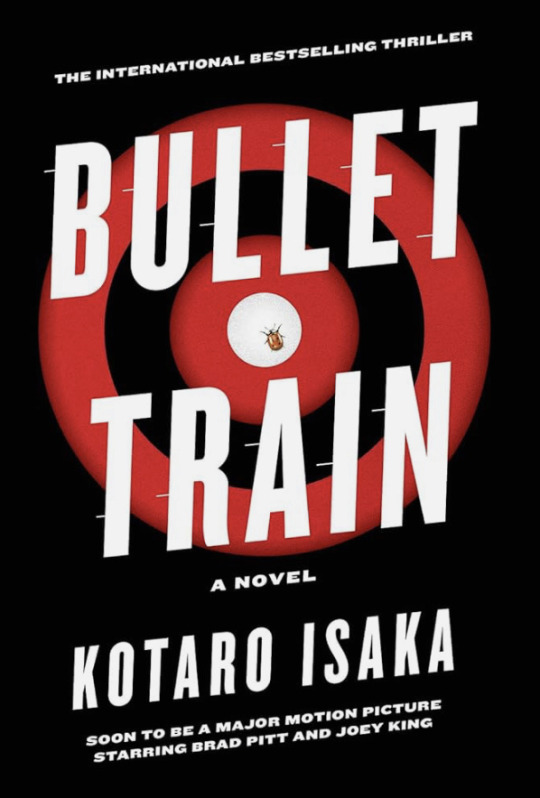


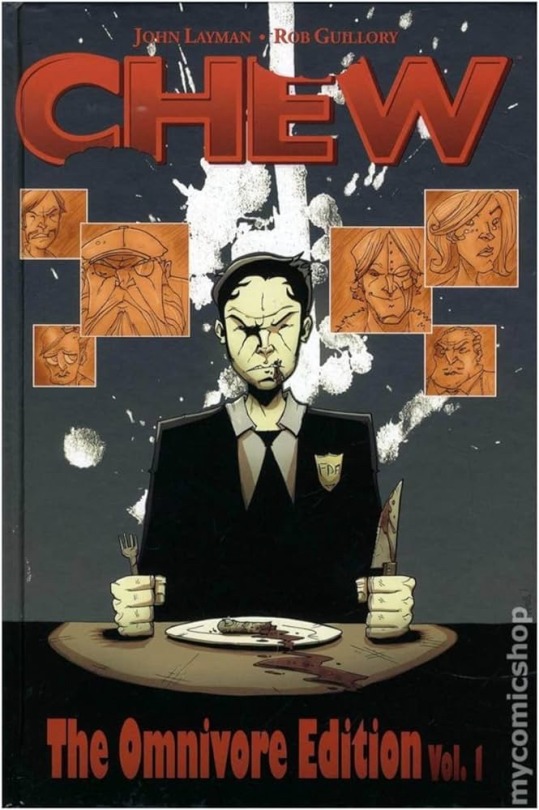
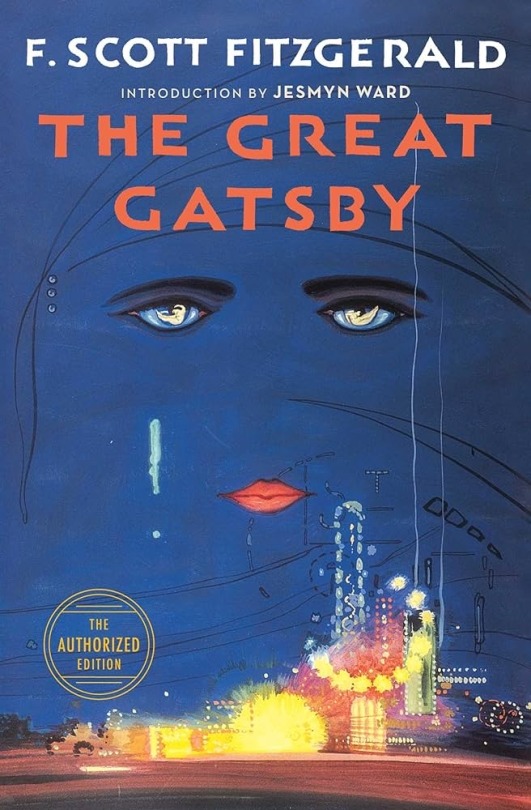

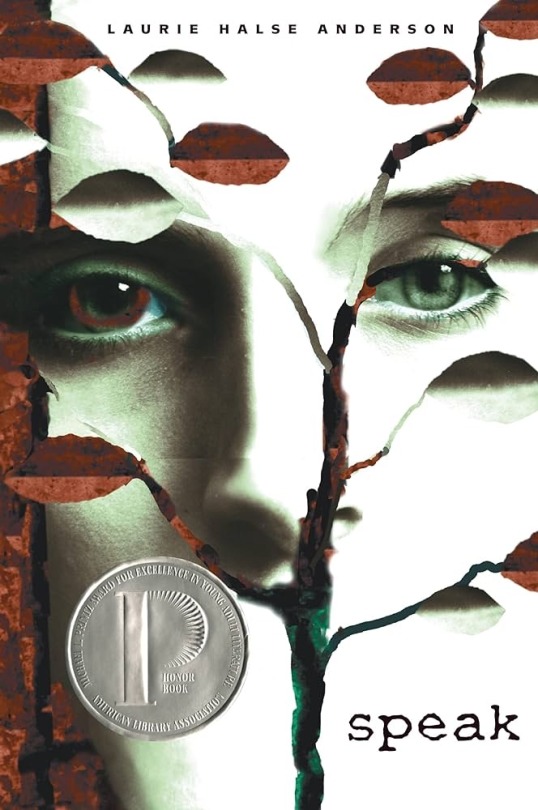
book rec drop!! currently reading ‘speak’, to be finished tomorrow! I’ve been told the ending leaves much to be desired but i’m not so sure just based off what I’ve read (like 150ish of 198 pages) tbd tbh
bye! 🤟
#booklr#bullet train#speak#someone knows my name#books recs#history books#historic fiction#chew comics#comics#comic recs#little monsters#enby#enby representation#enby vampire slay#great gatsby#we have always lived in the castle#myorar#sleep#my year of rest and relaxation#Shirley Jackson#ottessa moshfegh#the secret history#donna tartt#tomie#junji ito#junji ito tomie
231 notes
·
View notes
Text
A free PDF copy of Artemis by Stephanie Lynn Budin can be found here, in both HTML and e-book forms:
#artemis#artemis devotee#hellenic polytheism#hellenic pantheon#greek goddesses#ancient greece#greek history#studyblr#history books#sources
33 notes
·
View notes
Text
I want to start a post where everyone here can drop their favorite (can also be super thorough or accurate) history books, non fiction books, queer/LGBTQIA+ books, scientific books, and political books. In case, you know, they disappear!
#history#politics#2024 presidential election#us politics#us elections#lgbt pride#lgbtqia#transgender#books#books and reading#history books#book recommendations#recommendations#booklr#bookblr#book blog#book community#book banning#non fiction#election 2024#democracy
29 notes
·
View notes
Text
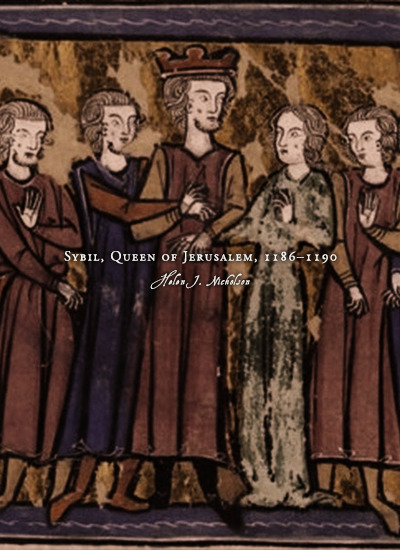


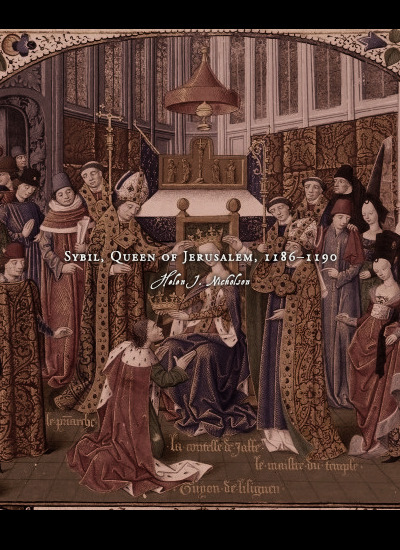
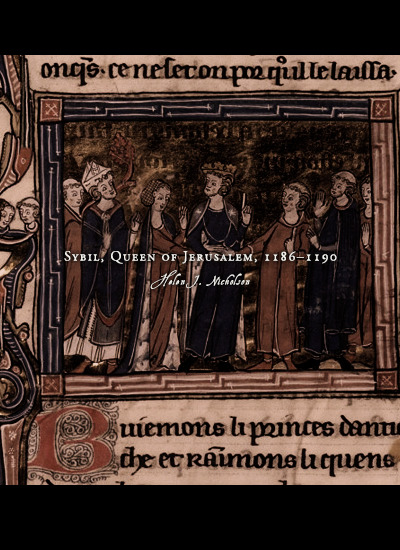

Favorite History Books || Sybil, Queen of Jerusalem, 1186–1190 by Helen J. Nicholson ★★★★☆
As a child, Sybil’s future prospects appeared excellent: as the eldest child of King Amaury of Jerusalem and as a member of the dynasty that claimed descent from Godfrey de Bouillon and the other heroes of the First Crusade, we might expect that she would have been an attractive marriage prospect. Yet European noblemen did not queue up to seek her hand. One reason for this might have been that commanding the defence of the kingdom of Jerusalem in the face of aggressive Muslim expansionism was a daunting prospect for any warrior, no matter how ambitious. Moreover, as her brother Baldwin’s illness became generally known in Europe, Sybil’s potential husbands may have wondered whether she and her children would be similarly afflicted. In addition, as her brother Baldwin and his council made clear to Philip of Alsace in autumn 1177, outside aid was unwelcome in the kingdom except on the terms they dictated. Robert VI of Béthune, Philip of Alsace’s candidate for Sybil’s hand, might have made a more effective count of Jaffa and Ascalon, regent of the kingdom and king consort than Guy de Lusignan, but Baldwin – aged only sixteen at the time of Count Philip’s crusade – preferred to marry his sister to a man he knew. If King Baldwin IV had supported his elder sister as the heir who – given that Baldwin V was very young and in uncertain health – would almost certainly inherit the kingdom, it might have been possible for Sybil to unite the nobles of the kingdom behind her as her brother had done. But his contradictory and changing policies left her rights of inheritance unclear and the nobles of the kingdom divided. He married her to one of his household knights, then attempted to divorce them; he appointed her husband as procurator, then shortly afterwards deposed him and appointed her son as his co- ruler, and then appointed another procurator, then finally appointed two regents, one to care for the young king Baldwin V and the other to govern. If he made further arrangements for the succession after Baldwin V they were unworkable. By marrying his younger half-sister to a leading noble of the kingdom but forcing the bridegroom to surrender his inherited estates in return, King Baldwin IV ensured that both his sisters and their husbands and supporters had grievances against him. While his measures reduced any threat that he would be overthrown during his lifetime, they boded badly for the kingdom after the death of his immediate heir. Given the rivalries between the leading nobles of the kingdom and Saladin’s need to win a decisive victory over the Franks, no one could have prevented Saladin from taking Jerusalem and conquering most of Sybil’s kingdom; Sybil was doomed to failure as queen. Not only did she lose Jerusalem, but she also failed in the most fundamental function of a noblewoman: she failed to provide an heir for herself, as both her son Baldwin and her daughters died in childhood. On the other hand, in the face of disaster she did not abandon her kingdom and flee to Europe, nor did she retire to a religious house. Instead, she stayed in the crusader states and did all she could to oppose the invader. She tried to defend Ascalon, she remained in Jerusalem until it was surrendered to Saladin, she obtained her husband’s release from Saladin’s prison, and by accompanying him in the months that followed she gave him the authority to continue as king of Jerusalem. As husband of the eldest daughter of King Amaury of Jerusalem and as a crowned king, Guy had a stronger claim to royal authority than Conrad of Montferrat: crusaders from Europe rallied to him and the representatives of the Italian maritime cities supported him so that he could begin the fightback against Saladin which was continued by the Third Crusade and enabled the kingdom of Jerusalem to continue to exist until 1291. When Sybil died, Guy’s authority died with her; but she had ensured that her kingdom would not die, at least for another century.
#historyedit#litedit#sibylla of jerusalem#french history#medieval#asian history#european history#women's history#history#house of anjou#history books
70 notes
·
View notes
Note
Do you have any recommendations on books about the history of Catalonia?
I have (obviously) read about the topic in Catalan, so I haven't personally read the books that have been published in English, and the options are going to be more limited in English. But I have heard lots of historians (both from here and from around the world) praise the book A People's History of Catalonia by Michael Eaude. Judging by the reviews I've seen, it seems like a very complete book, perfectly historically accurate, and engaging. Even though I haven't read it personally (yet), I've seen Catalan historians whose work I really trust and respect recommend it.
However, you have to be interested in working class history, if you're looking for the story of kings and the church, you'll find that less here.
This might also interest you: I answered a similar question here.
#ask#anonymous#books#history#book recommendations#history books#history book#catalonia#història#michael eaude#a people's history of catalonia#people's history#working class history
25 notes
·
View notes
Text

This photo of punk style in a history book is so sick.
19 notes
·
View notes
Text
Do you think the people updating the history textbooks are okay?
Do you think they’re just calling each other like, “Steve? Yeah. Did you see? I know! But does it go in the national security leaks section on page 163 or the fascism section on 178? WELL, FIGURE IT OUT AND CALL ME BACK! We’ve gotta wrap up March because April is already a shit show!”
#us history#history#donald trump#trump#trump administration#history books#history textbook#they’re having a meltdown#fuck trump
11 notes
·
View notes
Text

This fascinating book enriches US women's labor history, complicates histories of Syrian immigration, and foregrounds the ways Syrian American workers resisted US empire. Connecting diverse geographies and modes of production, Stacy Fahrenthold highlights the significance of gendered labor and Syrian American workers in the globalizing US textile and garment industry.
#uwlibraries#history books#american history#history of immigration#women's history#labor history#syrian american history
213 notes
·
View notes
Text
Get yourself a friend who'll borrow you books like this:
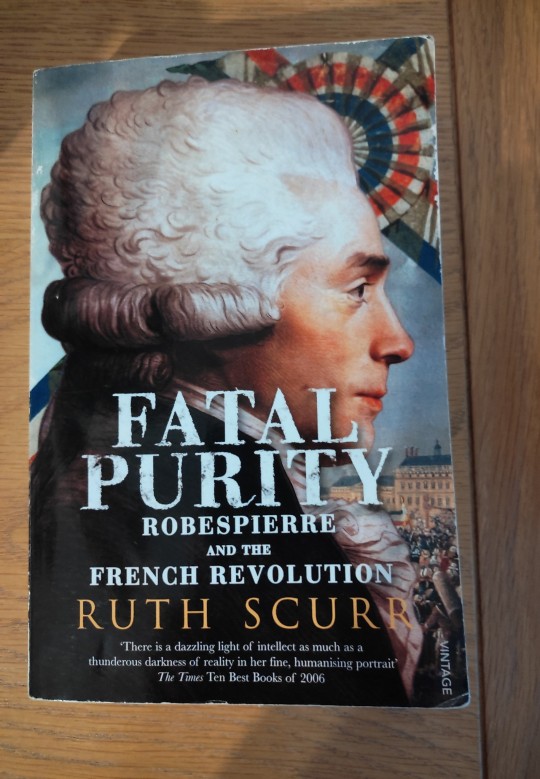
(or alternatively, get yourself a friend who doesn't do it a couple of weeks before your final state exams. Ugh, must... focus... on... studying...)
Still, goals though 💅
#it seems pretty balanced so far? I can definitely see why it says a 'humanising portrait' on the cover#the writing is definitely good#maximilien robespierre#catch me reading this until the small hours and learning precisely nothing about the development of 20th century historiography#french revolution#as Wilde said I can resist everything except temptation#frev#frev community#robespierre#history books#french history#fatal purity#biography
54 notes
·
View notes
Text
With everything that is going on in the world, especially when it comes to whatever Elon Husk, the US, and all of the world governments are planning, we must be saving and sharing as many history books as possible. There's going to be a lot of propaganda coming along, and we must fight against propaganda with the truths that the past tells us of. Having history become overwritten and banned could possibly doom us all. We need to know the past, we must know it. If you know of any good history books, such as on Palestine, Tigray, Ireland, Turtle Island-- please share them and try to create as many copies as possible (if possible)!
#history#history books#very important#important#america#elongated muskrat#crooked donald#fuck trump#fuck putin#ireland#palestine#tigray#turtle island#usa
17 notes
·
View notes
Text
RON CHERNOW
Are there inaccuracies in Ron Chernow's biography of Alexander Hamilton? Of course.
Does he kiss Hamilton's ass? Sure, the book is totally hagiographic... except when he's criticizing Hamilton for...
Cheating on his wife
The Newburgh Conspiracy
The John Adams burn letter
The Reynolds Pamphlet
The Whiskey Rebellion
Defending the Jay Treaty
Getting killed in a duel
Leaving his widow and children destitute
Duel challenges
Bitching anonymously in the press
Being too thin skinned
Lusting after pretty much everyone including his sisters in law
Etc., etc.
Oh, and btw, he doesn't cite his sources at all.... Except, these:
#alexander hamilton#amrev#ron chernow#historical hamilton#american history#biography#history books#just saying#aaron burr#hamburr#listen up chucklefucks#lol
21 notes
·
View notes
Text

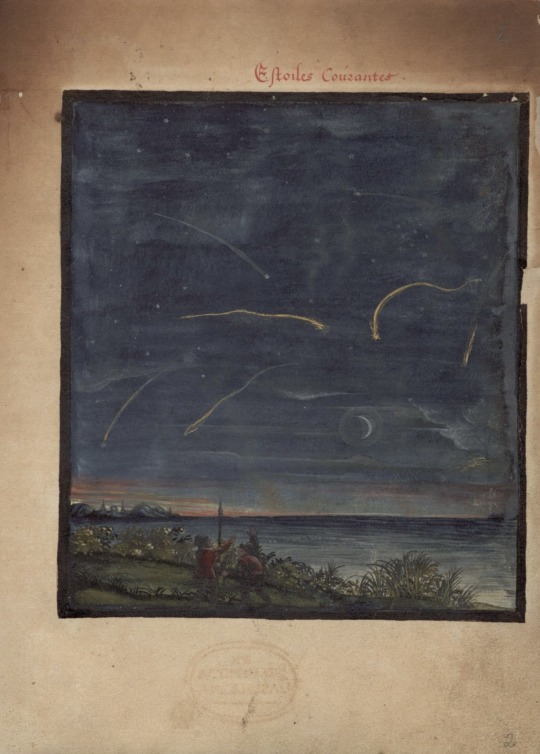
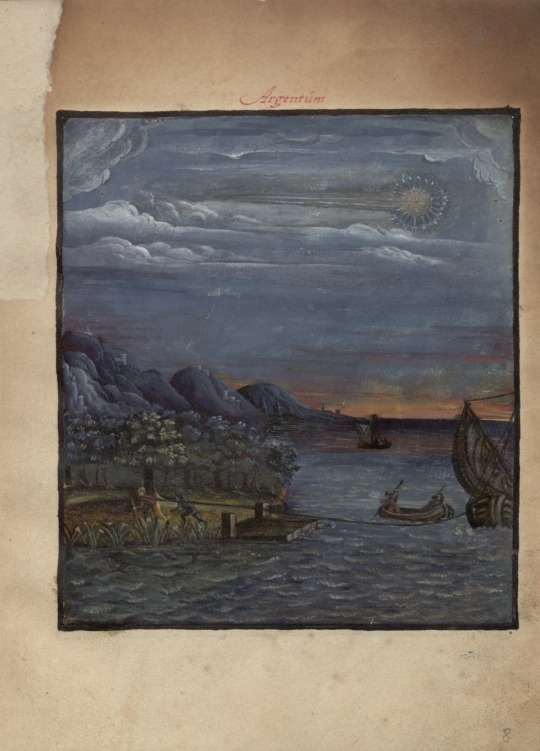
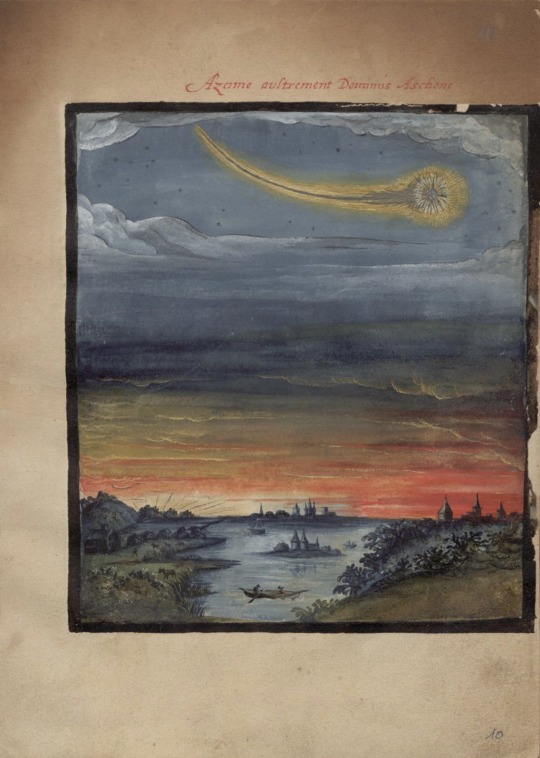

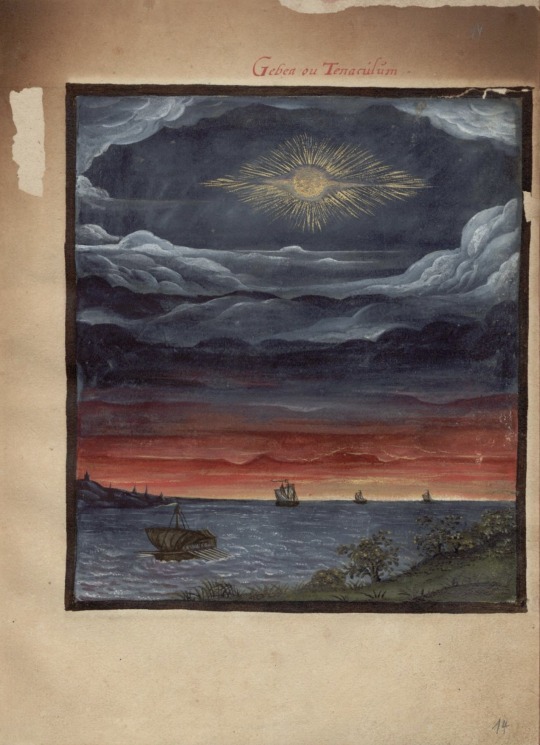

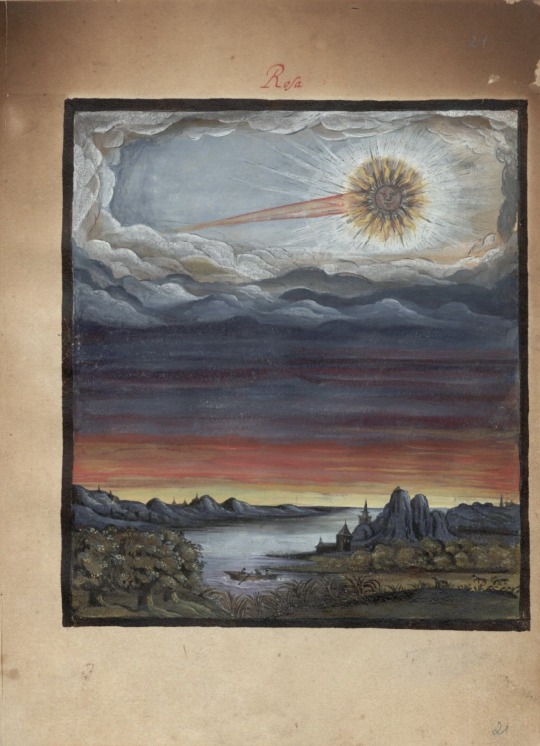

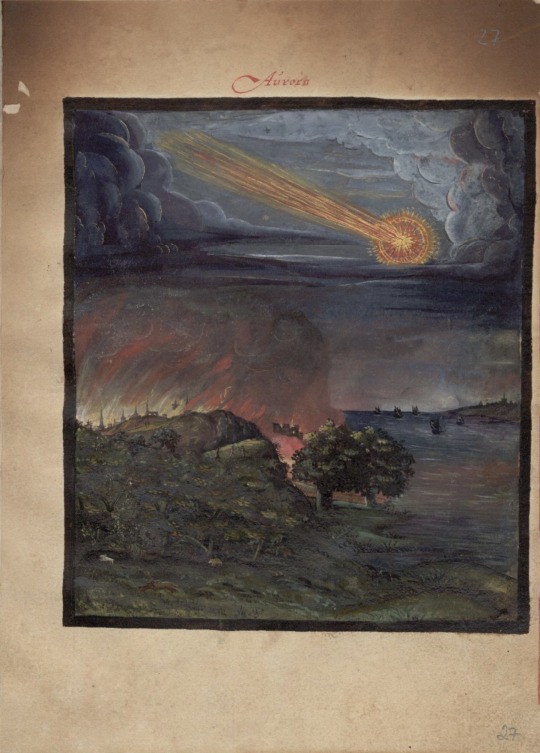
The Comets and Their General and Specific Meanings, published in 1587. Unknown author.
#1580s#astronomy#books#mine#comets#astrology#16th century#antique#solar system#outer space#constellations#antique books#french#space#france#old books#reading#vintage#universe#cosmos#asteroid#cosmology#celestial#comet#history#historic#history books#1500s
64 notes
·
View notes